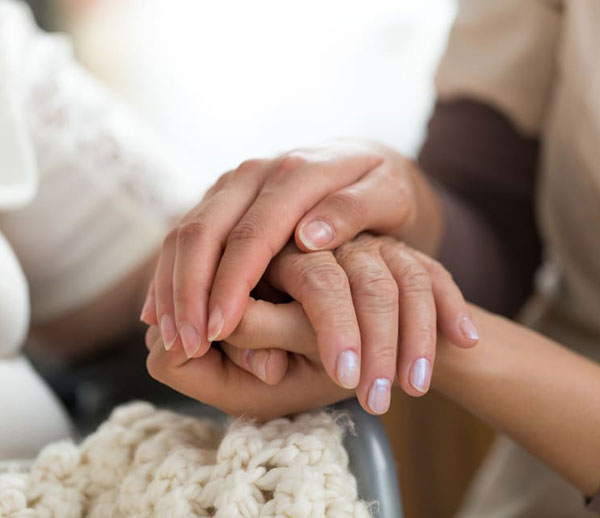 Elderly people face a greater risk of disability and disease than younger individuals. However, it’s still possible to decrease the burden of poor health conditions by adequately addressing the most common risk factors listed below.
Elderly people face a greater risk of disability and disease than younger individuals. However, it’s still possible to decrease the burden of poor health conditions by adequately addressing the most common risk factors listed below.
- Injuries often cause a large share of the burden of disease and disability. As people age, the risk of falls and the injuries caused by the latter increase manifolds. Such injuries require hospitalization and costly rehabilitation in most cases, which elderly people cannot always afford.
- Development of noncommunicable diseases. Patterns of harmful behavior that are commonly established early in life can result in a reduced quality of life and premature death. Poor nutrition, smoking, physical inactivity, and the intake of harmful alcohol commonly contribute to chronic diseases.
- Poverty risks grow as people age. The prevalence of poverty among people older than 65 varies across the world. Poverty results in bad nutrition, poor medical care, and other factors that harm individuals’ health.
- Loneliness, social isolation, and exclusion are among the most common risk factors that determine ill health among older people. Mental health disorders can affect all factors of users’ health and well-being. The risk of emergency admission to hospitals and other medical centers increases among more isolated people from the world than others.
